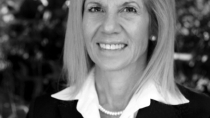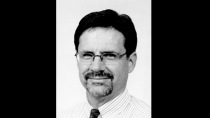Suzanne Phillips, PsyD
Dr. Phillips is a licensed Psychologist, Psychoanalyst, Diplomat in Group Psychotherapy and Co-Author of Healing Together. She has been an Adjunct Professor of Clinical...
All Together Now
The invisible wounds of war are not new to our Warriors, Veterans and their loved ones.
Coming Home: What the Future Holds for Our Veterans and their...
The negative impact of a decade of war on the mental health is understandable, complex, and concerning.
Why Soldiers Drink
Soldiers drink alcohol.They have for thousands of years - to celebrate, to forget, to fortify themselves for the next day's battle.
Homecoming: Finding The Way Home From Trauma and War
On Oct 13, 2010 the 33rd Chilean miner emerged from the mine that had entrapped him
Once a Warrior, Always a Warrior
As we honor our fallen brothers and sisters on Memorial Day, I’d also like to honor everyone who has ever risked their lives in a war zone in the service of this wonderful country.
What “The Hurt Locker” Got Right
Much to the confusion of those who have not experienced combat--- parents and spouses, siblings and friends-- many young people say that ‘going to war’ was one of the best things that ever happened to them.
Miles McFall Ph.D.
Dr. McFall has directed the posttraumatic stress disorder (PTSD) programs at VA Puget Sound Health Care System for nearly 25 years. The PTSD Program...
Sara Denman, Psy.D.
Dr. Sara Denman focuses on compassionate therapy for change, transitioning clients from merely surviving to thriving by helping them identify and remove obstacles that...
The Power of Community
Where do I begin to describe the power of community? In the eight years since the wars in Iraq and Afghanistan have waged, a community-based movement to ensure that this generation of warriors and their families receive the support they so deserve has resonated, changing the way we care for those who have served.




